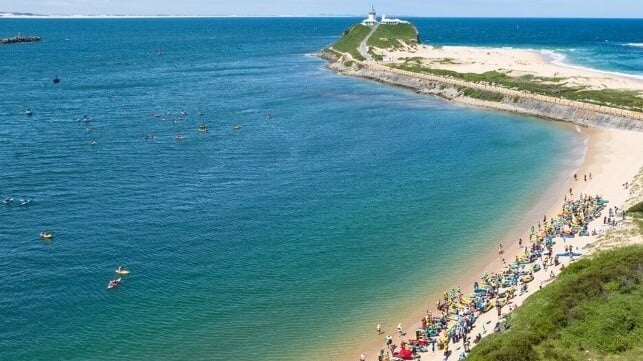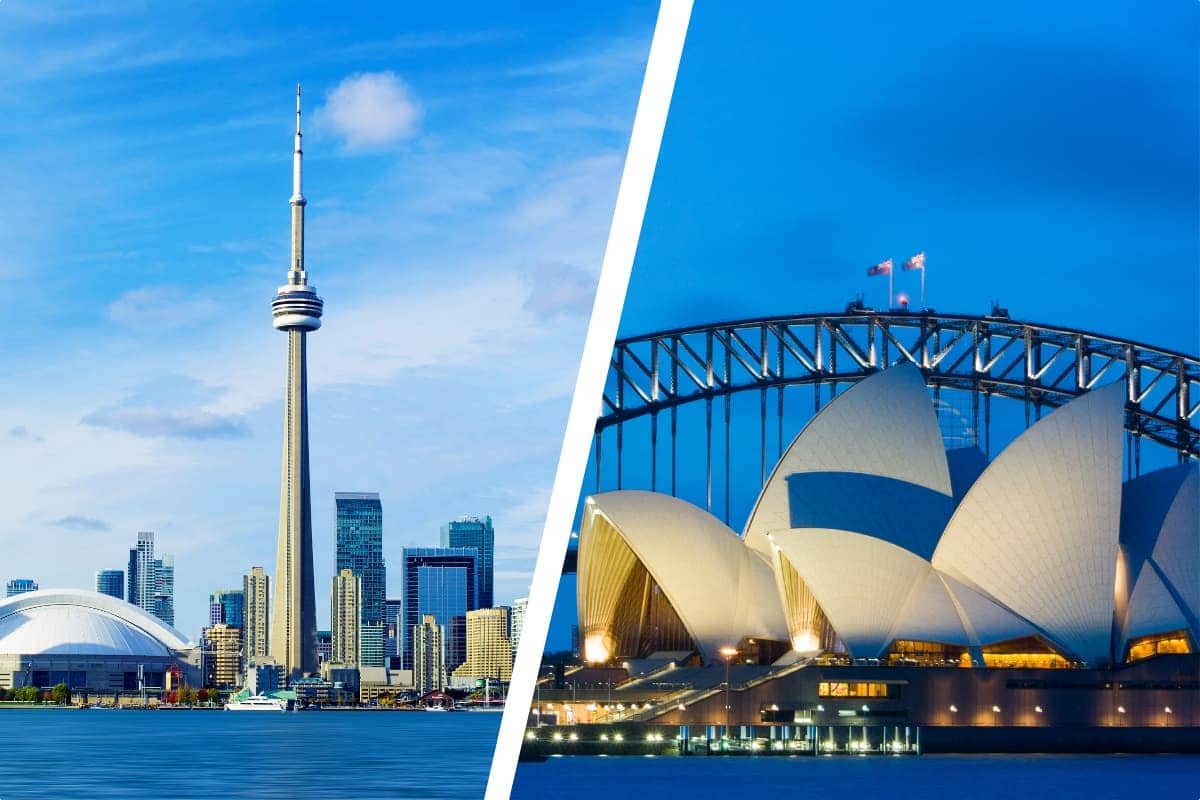‘Tsunami’ of vapes on the black market despite Australia’s world-first laws

- by Admin
- November 21, 2024
Within a 10-minute drive on the Gold Coast, at least seven shops are selling vapes.
It is no surprise that staff are not keen to speak with the ABC, given the sale of vapes at these stores is illegal.
Yet the sight of tobacconists and other retailers selling illegal vapes is fairly common, if not blatant.
About 7 per cent of Australians aged over 14, or about 1.3 million people, regularly vaped in 2023, according to data from the Australian Institute of Health and Welfare.
Deakin University criminologist James Martin said with a value of about $2 billion, vaping was the second-largest illegal drug market, behind cannabis.
“There’s huge demand for these products,” Dr Martin said.
“And when there’s huge demand and easily available supply, there’s a lot of money to be made.”
Retailers were prohibited in July from selling any type of vape. (ABC Gold Coast: Dominic Cansdale)
While the federal government introduced world-first anti-vaping laws this year, Dr Martin said that the supply of illegal vapes remained “well and truly alive”.
What are the laws?
In July, retailers such as tobacconists were prohibited from selling any type of vape, whether they contained nicotine or not, with advertising also banned.
As of October, only pharmacies were permitted to sell vapes, with flavours restricted to menthol, mint or tobacco.
No prescription is required but customers must undergo a clinical assessment on their suitability for the product.
No vaping product has been assessed by the Theraputic Goods Administration for safety or quality. (ABC Gold Coast: Dominic Cansdale)
Peak pharmaceutical groups have opposed that law, with several major brands refusing to stock vapes.
No vaping product has been assessed by the Theraputic Goods Administration (TGA) for safety or quality, nor have any been included in the Australian Register of Therapeutic Goods as a smoking cessation aide.
While she opposed their sale, associate professor at the University of Sydney’s School of Public Health, Becky Freeman, said there were quality standards applied to vapes sold in pharmacies around nicotine concentration.
Vaping laws have changed rapidly in recent years. (ABC Gold Coast: Dominic Cansdale)
“Unlike when these illicit products were being sold in convenience stores where we have no idea what was in them or who was manufacturing it,” Dr Freeman said.
“We can’t just treat these as everyday consumer goods that should be available everywhere.”
‘A child could enforce this’
Penalties vary from state to state, but can include a maximum seven years in jail or $2.2 million fine for individuals caught trading illegal vapes.
State police and health departments are responsible for enforcement.
The health department in Queensland has lead responsibility for ensuring retailers comply with the laws.
There are hundreds of retailers that sell vapes around Australia. (ABC Gold Coast: Dominic Cansdale)
A Queensland Health spokesperson said it had “a disruptive impact on the supply of illegal vapes at retail stories, with fewer items being held instore, lower seizure quantities, observation in price increase, and the closure of vape-only retailers”.
Queensland Health inspected more than 440 retailers between July and September this year, seizing 8,500 vapes.
But Dr Freeman said she wondered why were there retailers still selling the products.
“A child could enforce this,” she said.
“You go into a shop, are there vapes here? Yes, seize them, fine, shut the store down.
“It’s just making sure we have enough enforcement officers to go out and enforce the law.”
But criminologist Dr Martin said the legislation put “an enormous burden” on the already stretched resources of police and state health departments.
He said that opened the door for a growing black market.
“Because investigative and regulatory agencies have limited resources, there just hasn’t been, and I don’t think there really can be feasibly, a way for law enforcement and regulatory agencies to crack down on that trade,” Dr Martin said.
“So people have been able to sell these products without a huge amount of fear that they’re going to come to the attention of law enforcement.”
Vapes making it through the border
Under the National Vaping Enforcement Framework, the Australian Border Force (ABF) is responsible for intercepting illegal vapes coming into the country.
More than 6.6 million vapes worth more than $200 million have been seized at the border this year.
These vapes were seized at Canberra in October. (Supplied: ACT Policing)
But Dr Martin said it was estimated that only about a quarter of illegal vapes were being intercepted at the border, similar to other illicit substances.
“Borders are much more porous than people often realise,” he said.
“If you’re looking at buying wholesale prices from China, you could buy a vaping device from anywhere between $3 and $15.
“You could sell on that same product for five, six, seven times more.
“We’ve had reports that Chinese distributers have even started offering replacement shipping in the case that someone’s vape consignment gets intercepted by customs.”
Focus on young people
Federal Health Minister Mark Butler said the vaping black market “would take a while to really get on top of”.
Loading…
“There’d been a tsunami of vapes coming into the country,” he said
“There’s far too many of them [retailers] still open.
“I’m deadly serious about enforcing these [laws] and we’re continuing to work with state government to get through the system and see these things taken out of the hands of our kids.”
But Dr Martin said with persistent demand for nicotine products, Australia should instead look at encouraging other less harmful methods.
He said Sweden had achieved a daily smoking rate of about five per cent — almost half that of Australia — by regulating, not prohibiting, nicotine products like snus.
But Dr Freeman said the health risks of vaping should not be underestimated.
“This is unique legislation — we are the first country to try and do this,” she said.
“There will be a great deal of evaluation happening, there’ll be lots of data collected on how pharmacies respond, how the industry respond and most importantly, how young people respond.”
The Latest News
-
November 22, 2024‘Controversial’ DRS call burns India in early drama
-
November 22, 2024Katy Perry wins trademark battle against Aussie fashion designer
-
November 22, 2024Kohli gone early, controversy flares in disastrous opening session for India
-
November 22, 2024IShowSpeed ‘easily’ beats Australian Football player in $10K foot race – Dexerto
-
November 22, 2024Katy Perry defeats Sydney fashion designer in federal court following 13-year-long battle




